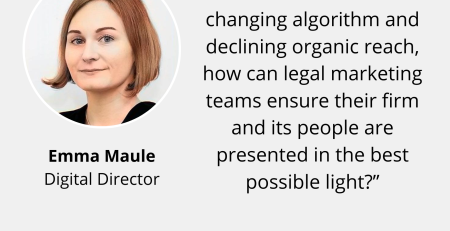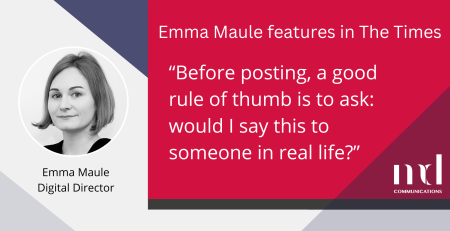Whilst the enormously fast growth of digital media has meant the opening up of opportunities for new forms of marketing, for reaching new client bases and for significantly cutting costs, it has also brought with it increased risk. Malware, viruses and hacking can do all sorts of damage to a business, whether it’s the embarrassment of having internal documents leaked, deletion of data or the theft of information that might have implications for data protection or client privacy. Despite the very real risks of not having proper digital security, the large majority of UK businesses still don’t take it seriously. This has resulted in some scary statistics – in 2012, eight out of ten small businesses in this country were hacked, at a cost of some £65,000 per time.
There are numerous considerations when it comes to digital security and not all of them involve complex firewalls and spending thousands on software. However, the technology that you’re using is one area that may need an overhaul – whether hard or software. If you don’t have virus protection in place, or systems to monitor for security breaches and a contingency plan to deal with a situation where a foreign body has managed to break in past your defences, then you are simply leaving your organisation open to attack. Hackers and cyber criminals are becoming more and more sophisticated and widening the scope of their attacks to new markets with increasing levels of sophistication. For example, it was previously thought that Mac computers were utterly impenetrable to being hacked – at one point Apple even stated this on their website – but recent reports indicate that this is very much no longer the case and last year one hacker proved this beyond doubt when the Flashback virus infected 600,000 Macs.
So, it’s important to have the technology in place and the systems to make it work properly, but what about security breaches of the human kind? Last month the Ministry of Justice was fined £140,000 by the Information Commissioner’s Office after a spreadsheet that contained the names of every single serving prisoner at HMP Cardiff was emailed to three of the inmates’ families. On the spreadsheet was information on pretty much everything from the length of their sentences to release dates and the offences that they had committed. This is a prime example of how easy it is for human error to be the cause of a security breach, even for such a public and accountable organisation as the Ministry of Justice. The leak was put down to ‘management oversight’ of a relatively new member of staff, which serves to highlight how important management and training is when it comes to preventing security breaches. Whilst you can rely to a certain extent on the systems you put in place, if you don’t train those within the organisation to understand the data they’re handling, and its relative levels of confidentiality, then you are asking for trouble.
Whilst it may sound a little overwhelming, security for your organisation needn’t be a huge operation. Just be sure that you factor in all the potential weak spots, whether they lie with a lack of protection of your internal network, or a lack of training of staff handling sensitive data. If the worst should happen and you are need of crisis PR advice please do get in touch.











